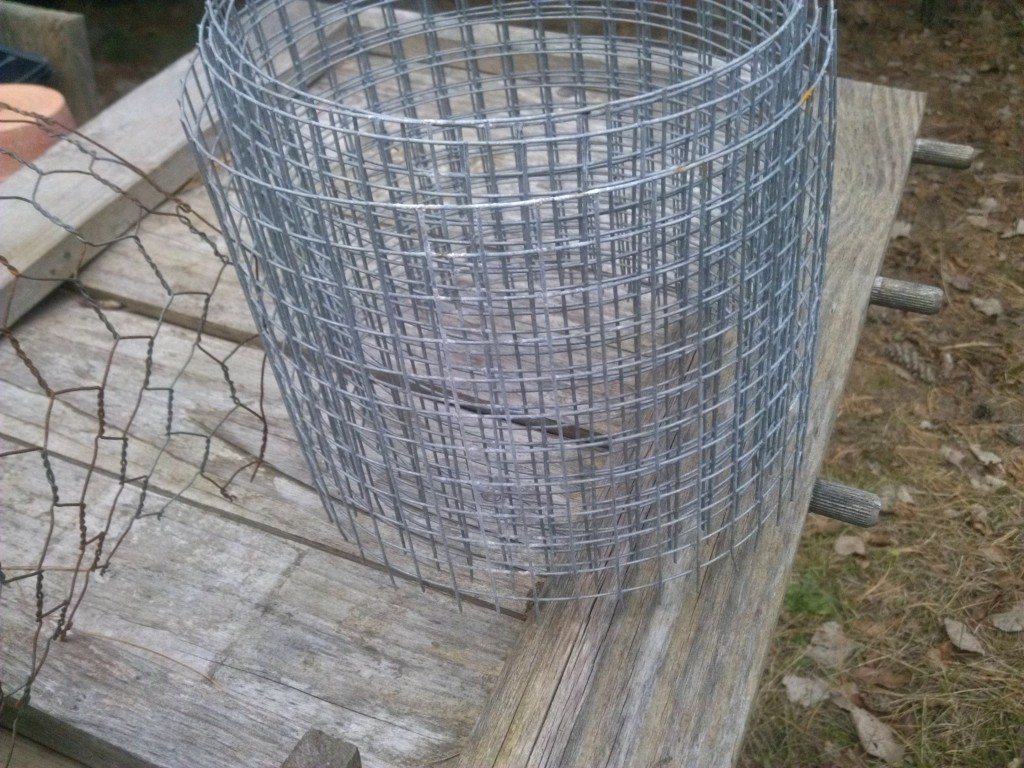After the first cold snap of the season, the fruit trees have gone dormant. For now, disease and insect pests have also gone dormant and won’t be bothering the trees until spring. That doesn’t mean the orchard is completely safe from pests.
There’s another kind of pest active out in the orchard during winter; meadow mice, or more accurately, meadow voles.
Voles look very much like mice and are about the same size. They act much like mice in their feeding habits and the way they gnaw on things.
During the winter when the ground is snow covered, voles build tunnels under the snow. The tunnels are built to help hide them from predators and to help keep them warm while they search for food. They travel through those tunnels over and over through the winter.
Meadow voles eat a wide variety of grasses, seeds and other kinds of plant material. Unfortunately, they sometimes develop a taste for the tender bark of young fruit trees, especially if the vole population is large and their other food sources become scarce.
I’ve lost a few fruit trees from voles through the years. One way to keep voles from damaging vulnerable trees is to install a physical barrier around the trees.
Installing a cylinder of wire mesh — hardware cloth — around each fruit tree, keeps voles from gnawing on the tender bark. It’s like having a miniature fence around each tree.
I use 18 inch wide hardware cloth and form it into thin cylinders about six to eight inches in diameter around each tree trunk. This gives the trees plenty of protection in case there is a lot of snow cover. The mesh size has to be one-half inch, less is even better, otherwise voles will crawl right through to get to the bark.
There’s a plastic tree-wrap rodent barrier on the market. It’s easier to install at first but needs to be removed each spring and re-installed each fall. Even though it’s designed to expand, if left on, the plastic material will keep the bark from developing properly.
A hardware cloth cylinder can be left in place for a few years until the tree matures and has developed coarse bark that is less appetizing to vole.
Bob
